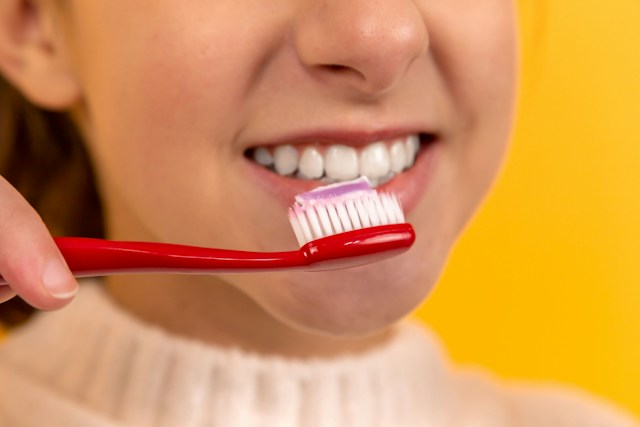Cavities, also known as dental caries, are a prevalent dental issue affecting individuals of all ages. In fact, developing cavities is a common fear and concern for many people.

If you’re scared of cavities, visiting your favorite dentist in Sandy Utah regularly can help you keep your oral health in check. That said, you should know how many cavities you’re likely to experience in a lifetime.
Let’s explore this in detail.
Understanding the Formation of Cavities
Before going into details of how many cavities you can expect to experience in a lifetime, it’s crucial to understand how cavities develop. Cavities form due to tooth decay. This process is driven by various factors, which are:
1. Oral Hygiene and Daily Habits
Maintaining good oral hygiene is one of the most significant factors in preventing cavities. Those who diligently follow a dental care routine are less likely to develop cavities than those who neglect these practices.
2. Dental Care Practices
Dentists can detect early signs of decay and guide you on maintaining optimal oral health. Failure to receive routine dental care can result in undetected cavities that may progress, leading to more extensive dental work. So, if you’re in Utah, visit your favorite dentist in Sandy Utah, for regular check-ups and cleanings to prevent cavities.
3. Diet and Nutrition
Your diet plays a substantial role in cavity development. Consuming excessive sugary or acidic foods and beverages can lead to enamel erosion and tooth decay. A balanced diet that limits sugar intake is essential for cavity prevention.
4. Genetics
Your genetics can also influence your susceptibility to cavities. Some individuals may have naturally stronger enamel, making them less prone to tooth decay, while others may have weaker enamel that is more susceptible to cavities.
How Many Cavities Are Average?
The number of cavities a person may experience during their lifetime varies significantly based on the abovementioned factors. On average, however, individuals tend to experience around 3 to 4 cavities in their lifetime. This statistic can vary based on these factors:
- Age: Children and teenagers are often more susceptible to cavities due to diet, less diligent oral care routines, and developing teeth. As individuals age, they tend to become more mindful of their oral health, which can lead to fewer cavities in adulthood.
- Location: The prevalence of cavities can also vary by region. Areas with limited access to dental care and educational resources on oral health may see higher cavity rates.
- Individual Oral Health Practices: Your commitment to maintaining good oral hygiene and seeking regular dental check-ups significantly influences the number of cavities you may encounter. Those who prioritize oral health and adhere to recommended dental care practices tend to experience fewer cavities.
Conclusion
You are likely to experience three to four cavities in your lifetime, depending on various factors such as oral hygiene and daily habits, dental care practices, diet, and genetics.
However, with the right preventive measures and a commitment to maintaining good oral hygiene, you can significantly reduce your risk of dental caries. Also, regular visits to your favorite dentist can keep you cavity-free.



